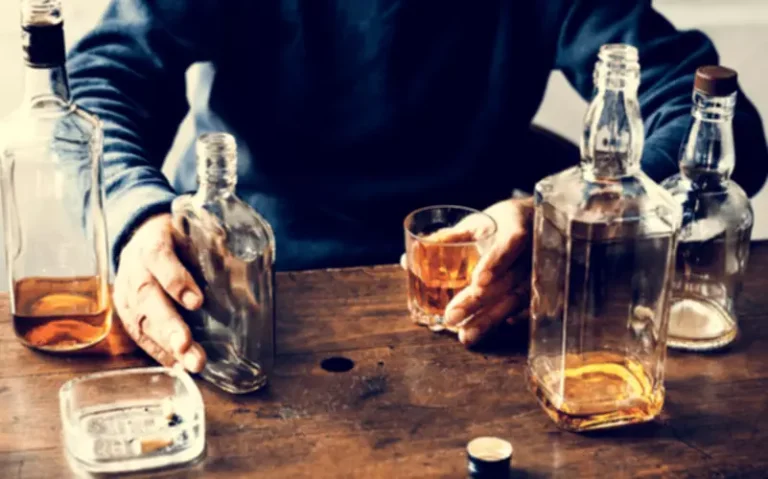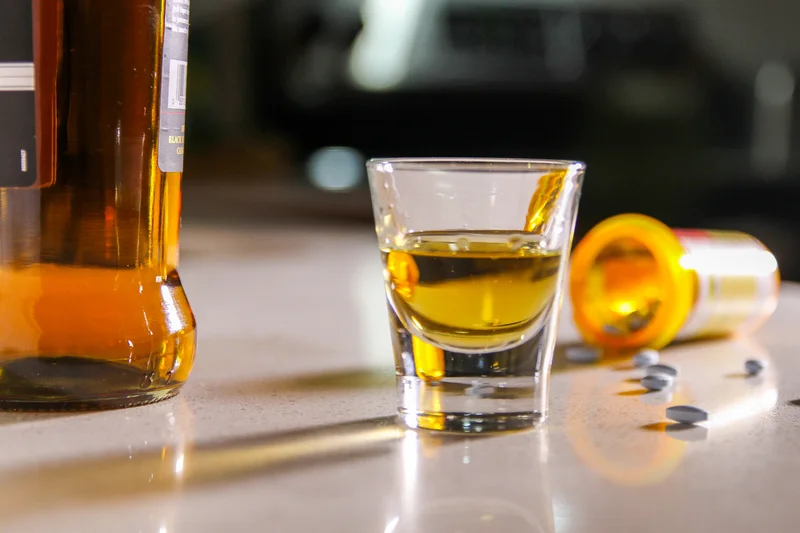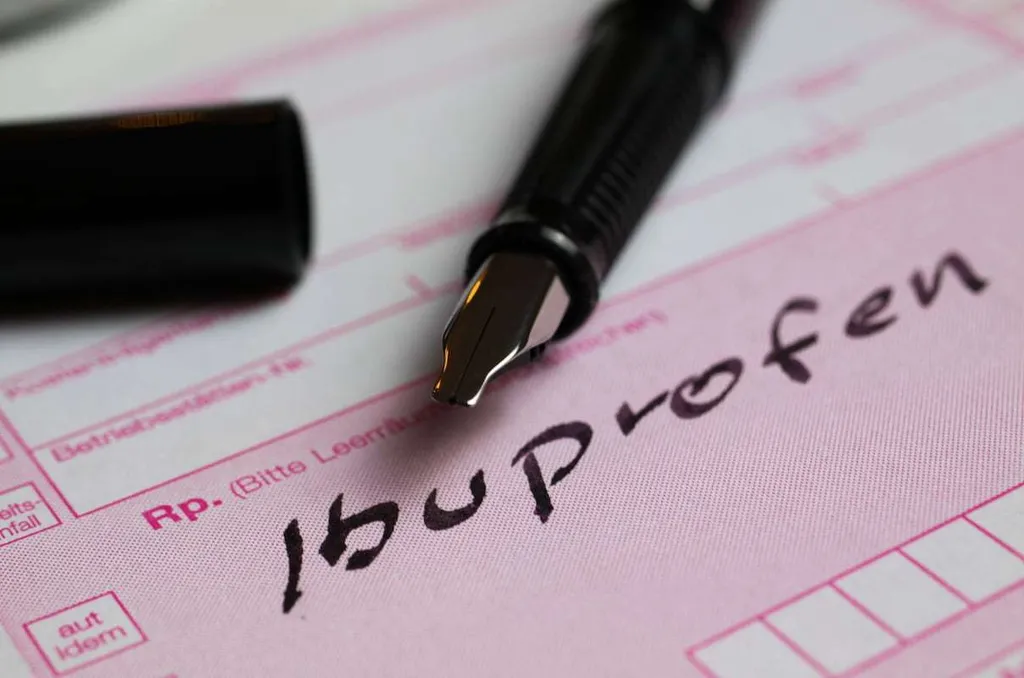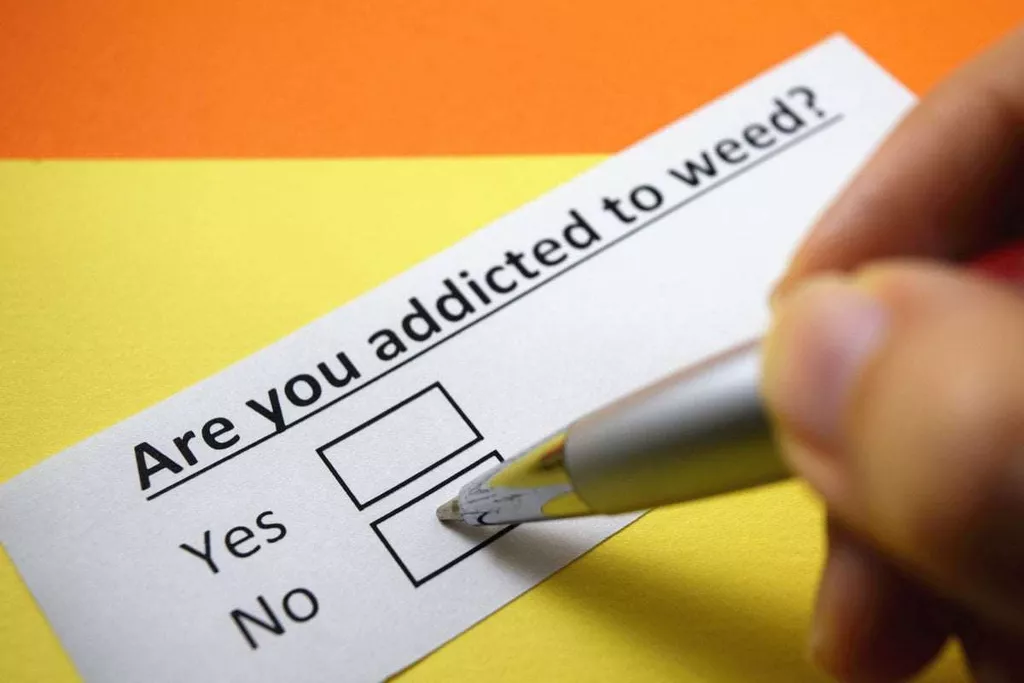Denial as a Symptom of Alcohol Use Disorder

Learn which signs to look out for, and how to care for your well-being. Try to use “I” statements and avoid using labels such as alcoholic. Avoid being judgmental, but show support and offer suggestions about ways or places they can get help. These conversations can be tricky and emotional, so you may want to involve a therapist or counselor. If you’ve had thoughts similar to the above, you may want to speak with someone you trust or a therapist to further explore your habits.
- It’s important to remember that every individual’s journey is unique, and what works for one person may not work for another.
- It’s not always easy overcoming denial and admitting that you need help.
- Treatment centers provide a structured and supportive environment for individuals struggling with addiction.
Ask about their support needs

No one wants to watch a loved one experience AUD or any other health condition. You can offer support to someone with AUD who is in denial and take steps to ensure you’re not enabling their drinking, but you can’t make them get help. People with AUD are likely to employ denial because admitting that alcohol has become a serious problem can be incredibly difficult.
The benefits of inpatient treatment for long-term recovery
You can still be a valuable source of support on their road to recovery, though. As we’ve touched on in this article, alcoholism denial frequently comes from a fear of the judgment they might receive should they acknowledge their alcohol use disorder. If you approach them with anger or disappointment, they’re more likely to continue their denial or to work harder to hide it from you. Sometimes, people in denial don’t think about the long-term denial in alcoholism effects that their drinking or drug use has on their lives. They may be more focused on the pleasure they get from using and not on how it will affect them down the line.

Next steps
These centers offer a range of services tailored to address denial and facilitate recovery. Treatment programs in these centers typically include a combination of detoxification, counseling, therapy, and aftercare support. Building a strong support network is vital for overcoming denial and sustaining long-term recovery. Surrounding oneself with supportive individuals who understand the challenges of addiction can what is alcoholism provide the necessary encouragement and accountability. This network can include friends, family members, support groups, or even addiction recovery mentors.

Coping with Denial in People with Alcoholism
- You can never force someone to accept their AUD or make someone quit drinking.
- Acknowledge their struggles but gently point out how alcohol is exacerbating their problems.
- The most important thing is to approach every conversation with your loved one with empathy.
- In other words, they are in denial that their loved one is struggling with an alcohol use disorder.
- We’ve guided thousands of people onto the road to recovery and we want to help you, too.
By opening up a dialogue in a non-confrontational manner, you allow them to reflect on how alcohol might be impacting their life. For example, someone might express that they can handle alcohol just fine or that they only drink socially; it’s not a problem. This deflection helps them maintain control over how others perceive their drinking while avoiding facing the reality that they may have an unhealthy relationship with alcohol.






